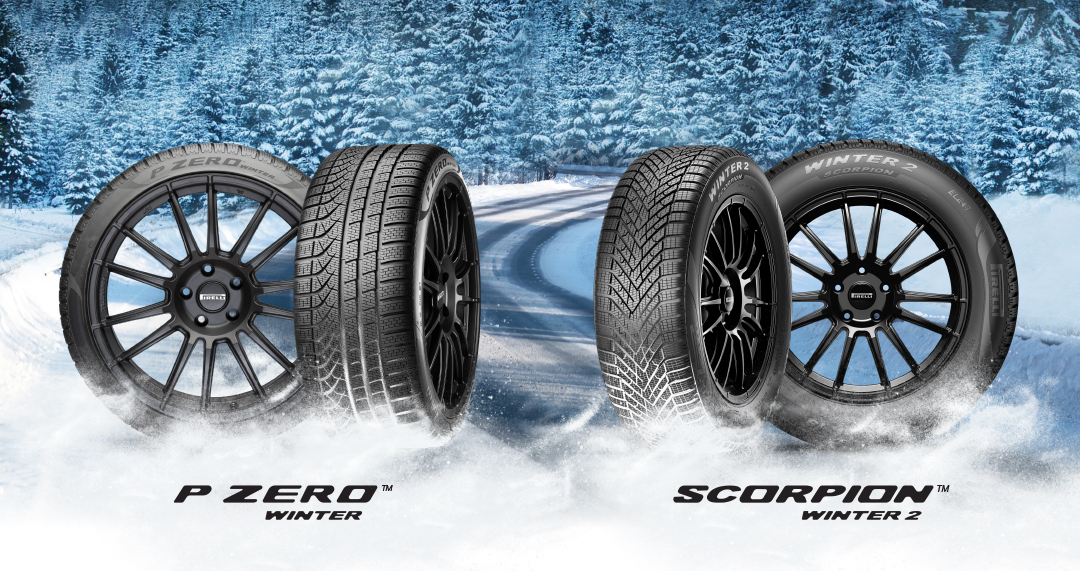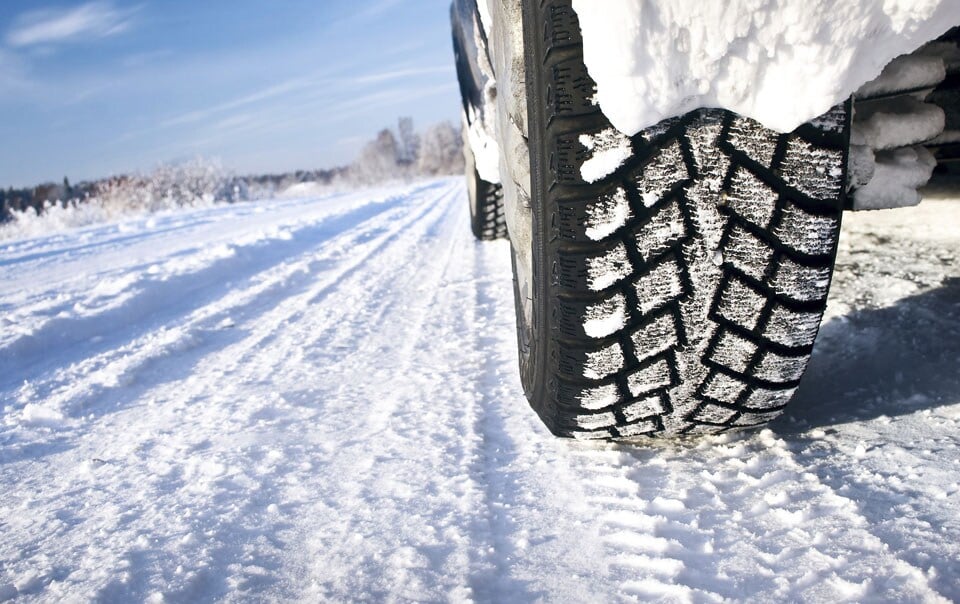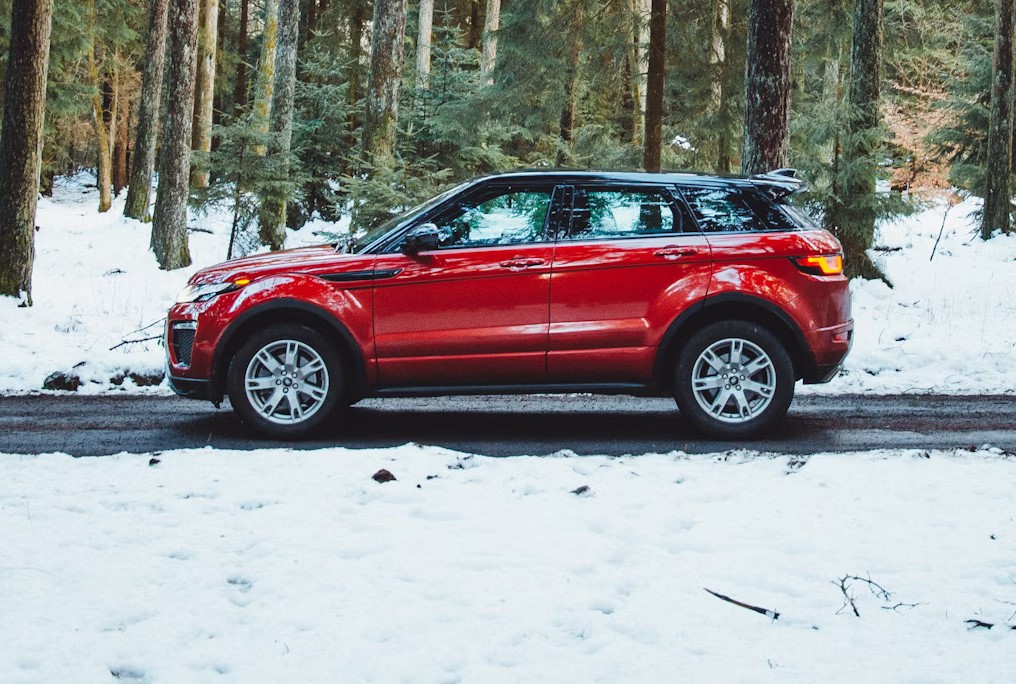Last Updated on August 3, 2024
Your Roadmap to Winter Tire Wisdo
In the frosty embrace of winter, the safety of your journey lies in the hands of your vehicle’s most critical components – your tires. With snow-covered roads and icy surfaces, the importance of equipping your car with the right set of winter tires cannot be overstated. In this comprehensive guide, we’ll delve deep into the world of winter tires, leaving no stone unturned to ensure you have the knowledge to make informed decisions about your winter driving.
Its time to Drive Safer, Sooner, and Smarter!

Understanding the Importance of Winter Tires
Winter tires, also known as snow tires, aren’t just an optional upgrade for your vehicle; they are a necessity when the temperature drops and snowflakes start to fall. Unlike all-season tires, winter tires are engineered with specific rubber compounds and tread patterns to provide superior traction and handling in cold, slippery conditions. Let’s explore the key reasons why winter tires are indispensable:
1. Temperature Sensitivity
Winter tires are designed to excel in temperatures below 45°F (7°C). They maintain flexibility in the cold, ensuring a better grip on icy and snow-covered roads. All-season tires, on the other hand, begin to lose their effectiveness as the mercury drops.
2. Enhanced Traction
The tread patterns of winter tires are crafted with deeper grooves and biting edges, allowing them to dig into snow and ice, providing exceptional traction. This improved grip significantly reduces the risk of skidding and accidents.
3. Improved Braking
Winter tires enable shorter stopping distances on icy roads, a critical factor in avoiding collisions. Their ability to grip the road better means they can react swiftly in emergencies.
4. Cornering Stability
Winter tires offer better Stability and control when navigating through turns on slippery surfaces. This translates to a safer and more confident driving experience.

When is the Best Time to Install Winter Tires?
One question looms as winter approaches: When should you switch to winter tires? The answer is contingent on the local climate and the prevailing weather conditions. However, a good rule of thumb is to install your winter tires when the temperature consistently hovers around 45°F (7°C) or lower.
The Benefits of Early Winter Tire Installation
Installing winter tires before the first snowfall offers several advantages:
1. Beating the Rush
By getting your winter tires on early, you avoid the last-minute rush at tire shops, ensuring you have access to the best selection of tires and scheduling convenience.
2. Enhanced Safety
Early installation means you’re prepared for unpredictable weather, reducing the risk of hazardous driving conditions catching you off guard.
3. Optimal Performance
Winter tires are engineered for cold temperatures, so having them on in advance ensures your vehicle’s optimal performance from the get-go.
Navigating Winter Terrain
When the winter chill descends, it’s not just cars that need reliable winter tires. Light trucks and mud-terrain tires are crucial in handling treacherous conditions. Let’s dive into the world of these specialized tires and explore how they perform in the winter wonderland.
Winter driving isn’t solely the domain of cars. For those who rely on light trucks or prefer the rugged capabilities of mud terrain tires, it’s essential to understand how these options fare when the snow and ice arrive.
Light Truck Tires in Winter: A Versatile Choice
Light truck tires are built to carry heavier loads and tackle various terrains, making them an attractive option for winter driving. These tires often feature deeper treads and robust sidewalls, providing additional traction and durability when the roads get tough.
Why Choose Light Truck Tires for Winter?
1. Enhanced Traction
Light truck tires offer excellent traction on snowy and icy roads, helping you maintain control and stability even in adverse conditions.
2. Load-Carrying Capacity
Light truck tires are designed to handle the extra weight, ensuring safety and performance if you use your truck for work or carry heavy loads.
3. Off-Road Capability
Many light truck tires are designed for off-road adventures, which means they can handle winter roads and challenging terrain like mud and snow-covered trails.
Mud Terrain Tires: A Winter Warrior
Mud terrain tires, known for their aggressive tread patterns and rugged design, might not be the first choice for winter driving, but they can surprise you with their capabilities.
Why Consider Mud Terrain Tires for Winter?
1. Deep Treads
The deep, open treads on mud terrain tires can grip through snow and mud, providing traction that can be advantageous in certain winter conditions.
2. Durability
Mud terrain tires are built to withstand harsh conditions, making them a reliable choice for winter driving in areas with unpredictable weather.
3. Off-Road Prowess
If your winter adventures take you off the beaten path, mud terrain tires excel in challenging off-road situations, including snowy or muddy trails.
Tires for Mud Terrain and Light Trucks: Choose Wisely
Ultimately, the choice between light truck and mud-terrain tires for winter depends on your specific needs and the conditions you anticipate. Light truck tires are a versatile option for everyday winter driving, while mud terrain tires can be a niche choice for those who value their off-road prowess.
When selecting winter tires for your light truck or considering mud terrain tires, consult a professional tire expert to ensure you make the right choice for your vehicle and driving habits. Safe winter driving starts with the right tires, so choose wisely and enjoy a confident winter journey.

Conclusion
In conclusion, the decision to equip your vehicle with winter tires is not just about complying with regulations; it’s about safeguarding yourself, your passengers, and other road users during the challenging winter months. Understanding the crucial role of winter tires and knowing when to install them can make all the difference in ensuring your winter journeys are safe and stress-free.
Don’t wait until the first snowfall to take action. Make the smart choice today, and embrace winter tires’ superior grip and security. Your safety on the winter roads is paramount, and winter tires are your best ally in this icy battle. Equip your vehicle, stay prepared, and confidently navigate the winter wonderland.
FAQs
Is it worth it to put winter tires on?
It’s worth putting winter tires on for improved safety in winter conditions.
Do I need snow tires for winter?
You need winter snow tires, especially in regions with cold weather.
What is the disadvantage of winter tires?
The disadvantage of winter tires is the need to change them seasonally and faster wear in warmer weather.
Are 4-season tires snow tires?
No, 4-season tires differ from snow tires; snow tires are designed for harsh winter conditions.
-
Writer









